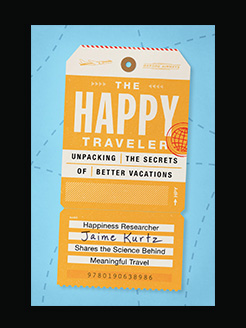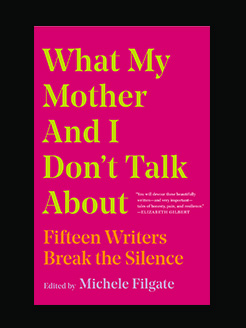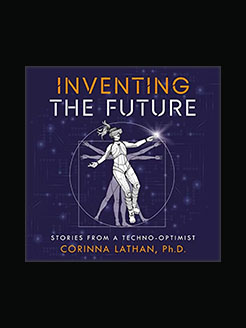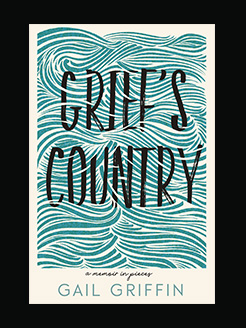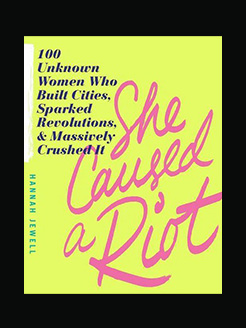Published in 2020
384 pages
12 hours 37 minutes
Laura Bates is the founder of the Everyday Sexism Project, an ever-increasing collection of over 100,000 testimonies of gender inequality, with branches in 25 countries worldwide. She works closely with politicians, businesses, schools, police forces and organisations from the Council of Europe to the United Nations to tackle gender inequality. She was awarded a British Empire Medal for services to gender equality in the Queen’s Birthday Honours list 2015 and has been named a woman of the year by Cosmopolitan, Red Magazine and The Sunday Times Magazine.
Laura is the author of Everyday Sexism, the Sunday Times bestseller Girl Up, and Misogynation. Her first novel, The Burning, was published in 2019. She co-wrote Letters to the Future with Owen Sheers. Laura writes regularly for the Guardian, New York Times and others and won a British Press Award in 2015. She has been a judge for the Women’s Prize, the YA Book Prize and the BBC Young Writers Award and part of the committee selecting the 2020 Children’s Laureate. In 2019 she was elected a fellow of the Royal Society of Literature.
Laura is a contributor at Women Under Siege, a New York-based project tackling rape in conflict worldwide and she is patron of SARSAS, Somerset and Avon Rape and Sexual Abuse Support. She is the recipient of two honorary degrees and was awarded the Internet and Society Award by the Oxford Internet Institute alongside Sir Tim Berners Lee.
What is this book about?
An explosive book examining the rise of secretive, extremist communities who despise women. In this ground-breaking investigation, Laura Bates traces the roots of misogyny across a complex spider’s web of groups extending from Men’s Rights Activists and Pick up Artists to “Men Going their Own Way” trolls and the Incel movement, in the name of which some men have committed terrorist acts. Drawing parallels with other extremist movements around the world, Bates seeks to understand what attracts men to the movement, how it grooms and radicalizes boys, how it operates, and what can be done to stop it. Most urgently of all, she traces the pathways this extreme ideology has taken from the darkest corners of the internet to emerge covertly in our mainstream media, our playgrounds, and our parliament. Going undercover online and off, Bates provides the first, comprehensive look at this hitherto under-the-radar phenomenon, including fascinating interviews with trolls, former incels, the academics studying this movement, and the men fighting back.

